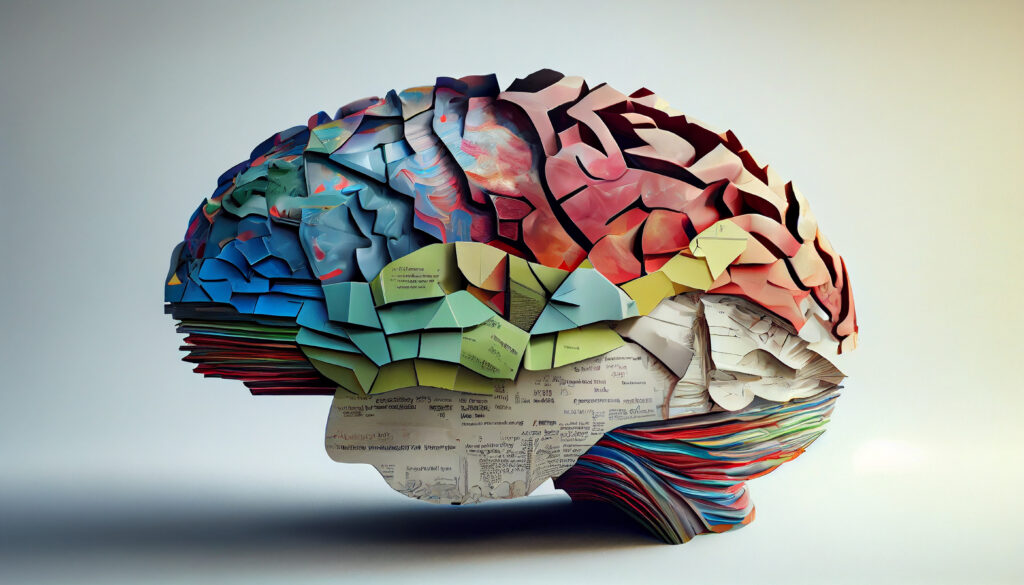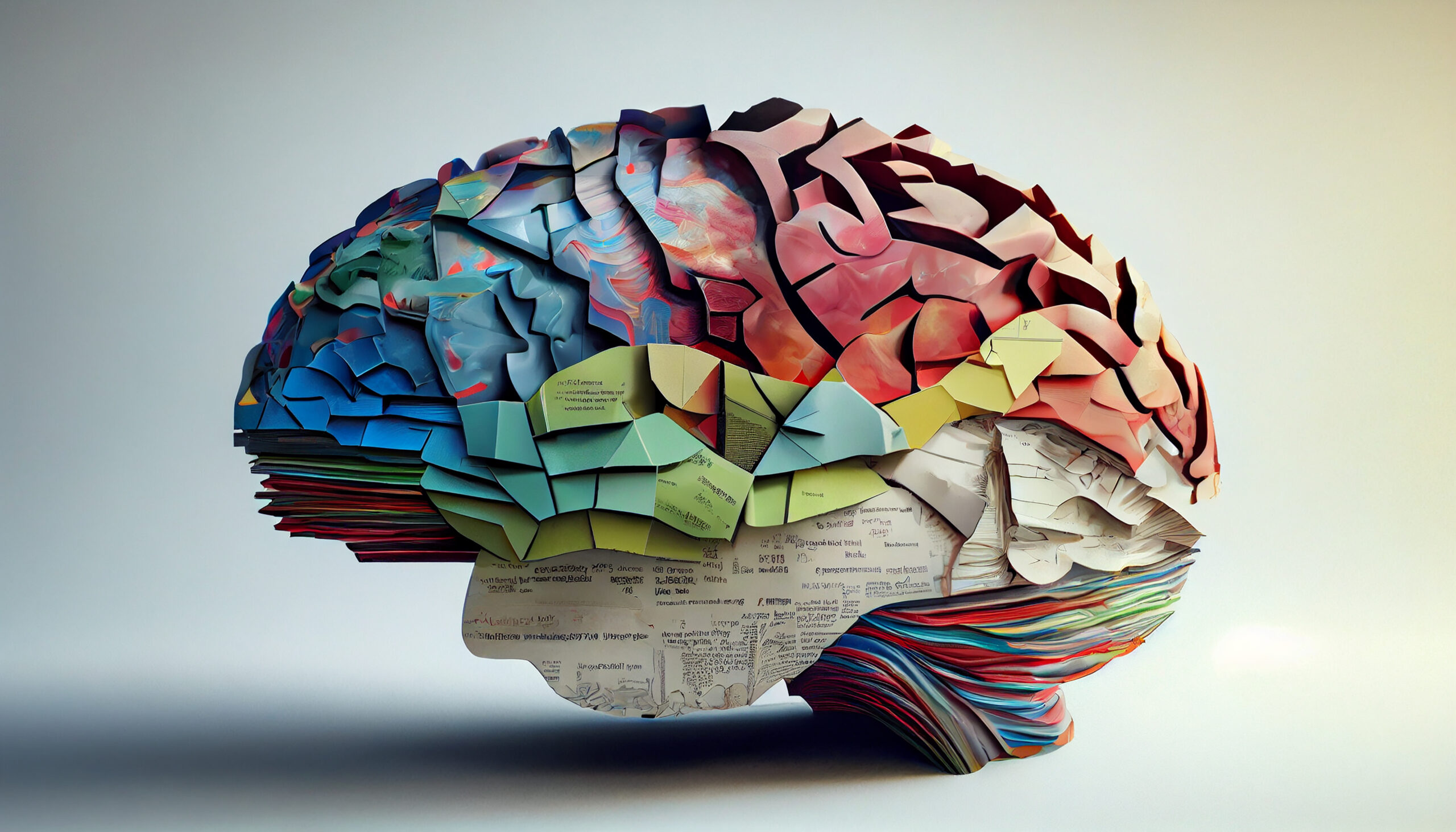
Understanding Emotional Intelligence (EI):
Define emotional intelligence as the ability to recognize, understand, manage, and utilize emotions effectively, both in oneself and others, to navigate social situations and make informed decisions.
Impact on Learning Outcomes:
Explore how emotional intelligence positively influences learning outcomes. Individuals with high emotional intelligence tend to exhibit better problem-solving skills, collaboration, and adaptability, contributing to academic and personal success.
Self-Awareness in Learning:
Discuss the importance of self-awareness in the learning process. Emotional intelligence enhances self-awareness, helping learners understand their strengths, weaknesses, and areas for improvement, leading to more effective self-directed learning.
Emotional Regulation and Stress Management: Examine how emotional intelligence contributes to effective emotional regulation and stress management. Learners with high EI can navigate academic challenges with resilience, reducing the negative impact of stress on their overall well-being.
Social Skills and Collaboration:
Highlight the role of emotional intelligence in fostering positive social skills and collaboration. Learners with strong EI can communicate effectively, resolve conflicts, and work well in group settings, enhancing the collaborative aspects of the learning environment.
Empathy in Education:
Discuss the significance of empathy in educational settings. Emotional intelligence cultivates empathy, enabling learners to understand and appreciate diverse perspectives, creating a more inclusive and supportive learning environment.
Motivation and Goal Setting:
Explore how emotional intelligence contributes to motivation and goal setting. Learners with high EI can set realistic goals, stay focused, and persevere through challenges, enhancing their overall motivation for academic success.
Incorporating Emotional Intelligence in Teaching:
Provide insights into how educators can incorporate emotional intelligence into their teaching methods. Strategies may include promoting self-reflection, encouraging open communication, and creating a positive classroom atmosphere.
Cultivating Emotional Intelligence Skills:
Offer practical tips and exercises for learners to cultivate their emotional intelligence skills. This could involve mindfulness practices, reflective journaling, or collaborative activities that promote emotional awareness and regulation.
Real-world Application of Emotional Intelligence:
Discuss the real-world application of emotional intelligence beyond the classroom. Emphasize how EI skills acquired during education are transferable to various aspects of life, including relationships, career development, and personal well-being.
Challenges and Strategies for Developing Emotional Intelligence:
Address potential challenges learners might face in developing emotional intelligence and propose effective strategies to overcome these challenges. This could involve mentorship programs, peer support, or additional resources for emotional skill development.
Emotional intelligence plays a pivotal role in the learning journey, influencing how individuals navigate challenges, build relationships, and achieve success. By recognizing and harnessing emotional intelligence, both educators and learners can create a more enriching and supportive educational experience.

